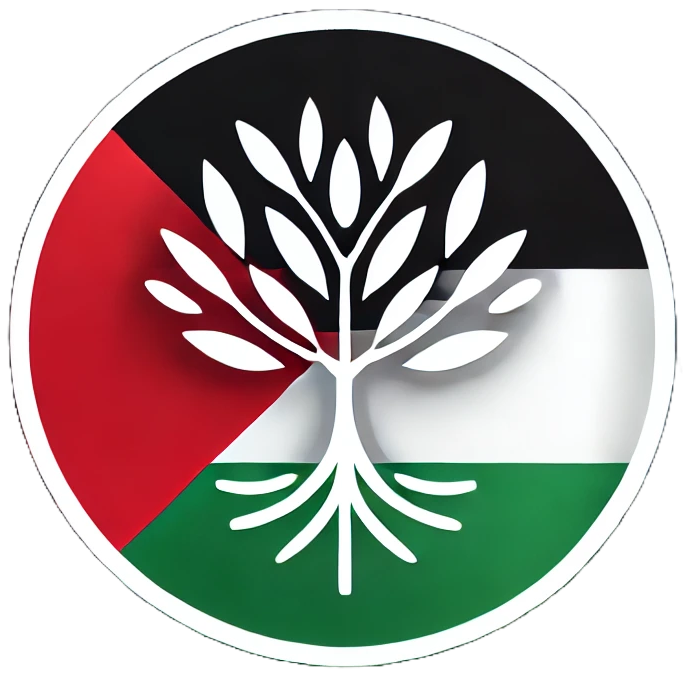Likud Party
The Likud (The Consolidation) Party is a right-wing conservative and nationalist political party in Israel that is currently in government as of March 2025. It was founded in September 1973 and formed from the Gahal Bloc, which consisted of two major political parties. The first, Herut (Freedom) party whose origins and ideology stemmed from Vladimir Jabotinsky’s Revisionist Zionism. Herut was a successor of the Irgun, which was Vladimir Jabotinsky’s political paramilitary organization that was described by the British government as a terrorist organization, conducting the King David Hotel Bombing among other activities. The Liberal Party was founded in 1961, and advocated that Israel should retain all the territory that it had conquered during the Six Day War or 1967 Arab-Israeli War.1
The leader of the Likud Party starting in 1973 was Menachem Begin who would go on to become the Prime Minister of Israel in 1977. In the Likud Party’s original party platform they denoted four major points in their party platform. First was “the right of the Jewish people to the land of Israel is eternal and indisputable and is linked with the right to security and peace; therefore Judea and Samaria [West Bank] will not be handed to any foreign administration; between the Sea and the Jordan there will be only Israeli sovereignty.”2 It goes on to say that relinquishing any part of the western Land of Israel “undermines our right to the country, unavoidably leads to the establishment of a ‘Palestinian state,’ jeopardizes the security of the Jewish population, endangers the existence of the State of Israel, and frustrates any prospect of peace.”3 The second section of the party platform stated that Likud as a party had peace as its central objective saying it will “spare no effort to promote peace… Israel will invite her neighbors to hold direct negotiations… at the negotiations each party will be free to make any proposals it deems fit.”4 The third section dealt with settlements. Likud says that settlements both urban and rural throughout Eretz Israel (Land of Israel) is the central point to redeem Israel in strength and spirit and maintain security. The fourth and final section in its party platform dealt with “Arab Terror Organizations” saying that “the PLO is no national liberation organization but an organization of assassins, which the Arab countries use as a political and military tool, while also serving the interests of Soviet imperialism, to stir up the area. Its aim is to liquidate the State of Israel, set up an Arab country instead and make the Land of Israel part of the Arab world. The Likud government will strive to eliminate these murderous organizations in order to prevent them from carrying out their bloody deeds.”5
During Menachem Begin’s term as the Prime Minister of Israel, he signed a Peace Treaty with Egypt, bombed the nuclear reactor in Iraq, and launched the 1982 Lebanon War (Operation Peace for Galilee). Domestically his government passed the Jerusalem Law which stated that united Jerusalem was now formally the capital of the State of Israel. Menachem Begin would go on to retire, and was succeeded in the premiership by Yitzhak Shamir from 1984-1990. In his term he handled large amounts of immigration from Ethiopia and the Soviet Union. Likud would go on to be ousted by the Israeli Labor Party and Yitzhak Shamir would be succeeded by Benjamin Netanyahu as party leader.
Benjamin Netanyahu as party leader was elected on a policy platform of opposing the Oslo Accords and promising better security after a wave of suicide bombings in Israel. He signed the Wye River Memorandum which stated the Israel Defense Forces would provide more redeployments in the West Bank. He also brought about a greater economy by cutting the deficit and by increasing privatization of government corporations. Ehud Barak, the leader of the Labor Party defeated Netanyahu in the elections and he was also replaced by Ariel Sharon as party leader of Likud as he went into a temporary retirement. Ariel Sharon would replace Ehud Barak as Prime Minister of Israel and would launch Operation Defensive Shield in response to the Second Intifada. He would also dismantle all the Israeli settlements in the Gaza Strip unilaterally in 2005 which caused controversy in his party. Benjamin Netanyahu would return to power, succeeding Sharon.6 Netanyahu would lead the party for over another decade starting in 2009 partnering with centre and right wing parties. Controversies over drafting Haredi Jews (Ultra-Orthodox) into the Israel Defense Forces has proved to be a controversial issue, in 2012 elections were called after a dispute over this issue as well as in 2019. That, in addition to the announcement of Benjamin Netanyahu being indicted and facing criminal charges for corruption. Netanyahu was removed from power by a coalition of right wing, center, left wing, and an Arab party. This Arab party, United Arab List, headed by Mansour Abbas was the first Arab party to join an Israeli government. However, this coalition would only last around a year and a half before Netanyahu took power once again with an alliance with far-right political parties like the Religious Zionism Party.7
- The Editors of Encyclopaedia Britannica. 2025. “Likud | Party, Policy, History, Members, Meaning, & Facts.” Encyclopedia Britannica. https://www.britannica.com/topic/Likud. ↩︎
- “Original Party Platform of the Likud Party.” n.d. Copyright 2025. https://www.jewishvirtuallibrary.org/original-party-platform-of-the-likud-party. ↩︎
- Ibid. ↩︎
- Ibid. ↩︎
- Ibid. ↩︎
- “History & Overview of the Likud Party.” n.d. Copyright 2025. https://www.jewishvirtuallibrary.org/history-and-overview-of-the-likud-party. ↩︎
- The Editors of Encyclopaedia Britannica. 2025. “Likud | Party, Policy, History, Members, Meaning, & Facts.” Encyclopedia Britannica. https://www.britannica.com/topic/Likud. ↩︎


